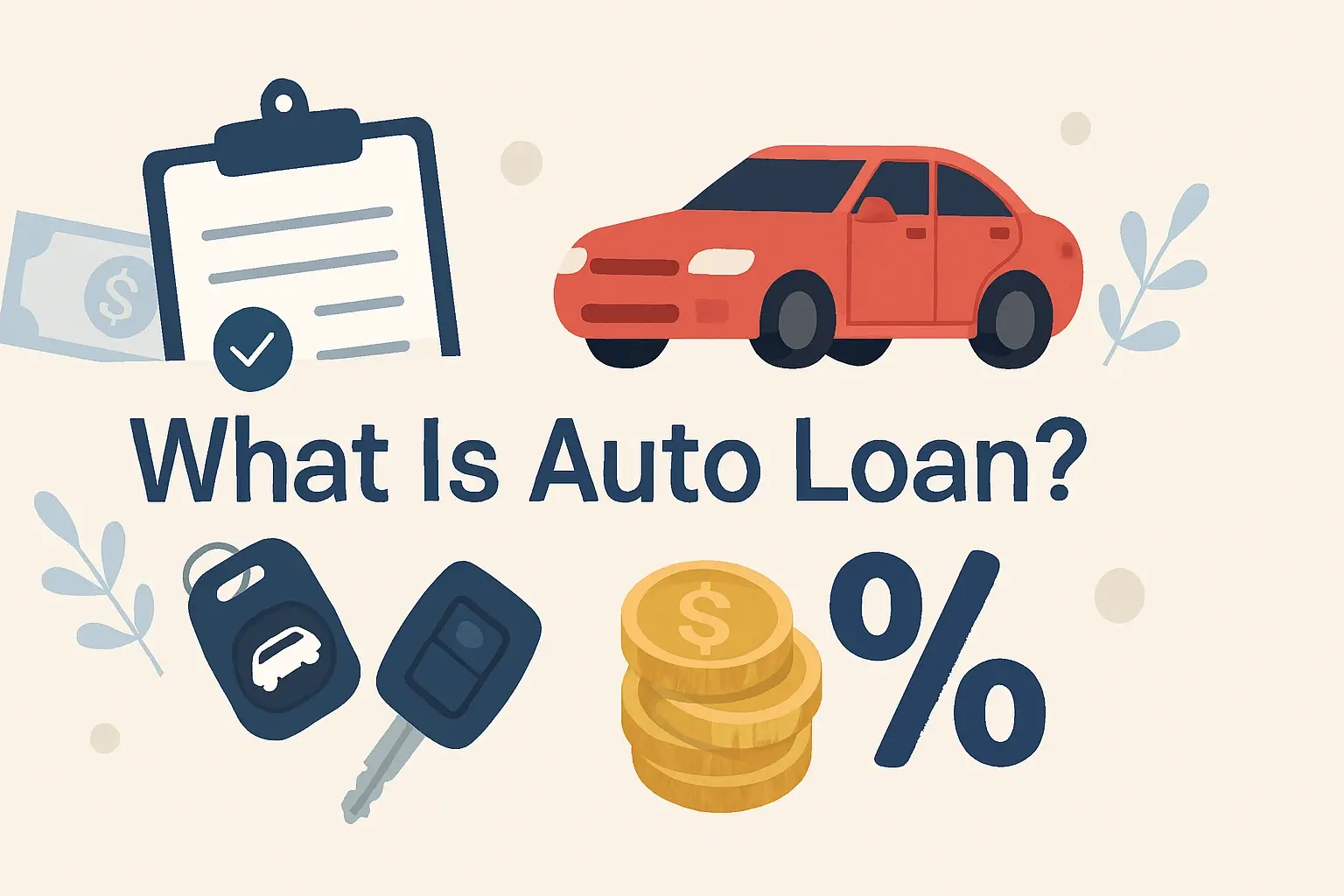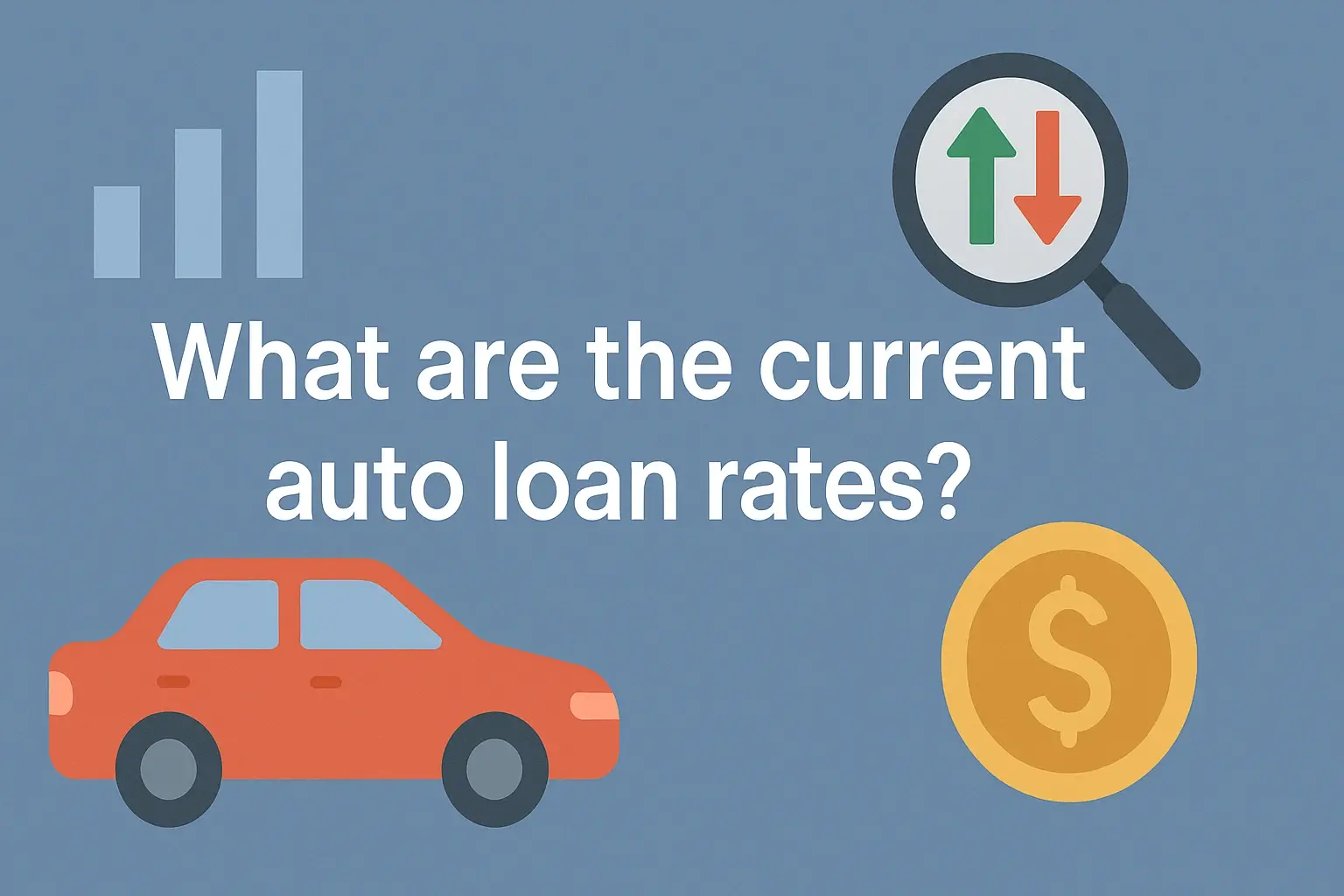Understanding Credit Scores: A Foundation
Before diving into the rarity of an 825 credit score, it's crucial to understand the basics of credit scoring. Credit scores are numerical representations of your creditworthiness, calculated based on information in your credit reports. These scores help lenders assess the risk of lending you money.
The two most commonly used credit scoring models are FICO and VantageScore. Both use a similar range, typically from 300 to 850, where higher scores indicate lower risk.
Key Factors Influencing Credit Scores
Several factors contribute to your credit score. Understanding these factors is essential for building and maintaining a good credit rating:
- Payment History: This is the most significant factor, accounting for around 35% of your FICO score. Paying bills on time is crucial.
- Amounts Owed: Also known as credit utilization, this factor accounts for about 30% of your FICO score. It refers to the amount of credit you're using compared to your total available credit. Keeping your credit utilization low is vital.
- Length of Credit History: The longer your credit history, the better. This accounts for about 15% of your FICO score.
- Credit Mix: Having a mix of different credit accounts (e.g., credit cards, installment loans) can positively impact your score. This accounts for about 10% of your FICO score.
- New Credit: Opening too many new accounts in a short period can lower your score, accounting for about 10% of your FICO score.
The Credit Score Spectrum: Where Does 825 Fall?
The credit score range typically spans from 300 to 850. Here's a general breakdown of how different score ranges are typically categorized:
- 300-579: Poor
- 580-669: Fair
- 670-739: Good
- 740-799: Very Good
- 800-850: Exceptional
An 825 credit score clearly falls within the "Exceptional" range. This signifies excellent credit management and a low risk to lenders.
How Rare is an 825 Credit Score? The Data Speaks
While precise statistics fluctuate, data consistently shows that an 825 credit score is relatively rare. The percentage of individuals achieving scores in the 800-850 range is significantly lower compared to those in the "Good" or "Very Good" ranges.
Several factors contribute to this rarity. It requires:
- Consistent on-time payments over many years.
- Very low credit utilization.
- A long and established credit history.
- Responsible management of various credit accounts.
Therefore, reaching an 825 credit score is a testament to disciplined financial habits and a thorough understanding of credit management principles.
Why 800+ is considered excellent?
Even though the maximum possible score is 850, crossing the 800 threshold offers the majority of the benefits associated with exceptional credit. Lenders typically tier their best rates and terms for individuals with scores above 800, minimizing the tangible advantages of going significantly higher.
Benefits of Having an 825 Credit Score
Possessing an 825 credit score unlocks a multitude of financial benefits:
- Lowest Interest Rates: Access to the most competitive interest rates on loans, mortgages, and credit cards. This translates to significant savings over time.
- Higher Approval Odds: Increased likelihood of being approved for credit products, even those with stringent requirements.
- Better Credit Card Perks: Qualification for premium credit cards with attractive rewards programs, travel benefits, and cash-back offers.
- Improved Insurance Rates: In some regions, credit scores can influence insurance premiums. A high score may result in lower rates.
- Negotiating Power: Enhanced ability to negotiate better terms with lenders and service providers.
- Rental Opportunities: Easier approval for rental applications, especially in competitive markets.
Roadmap to Achieving Excellent Credit: Steps to Take
While reaching an 825 credit score requires time and dedication, it is achievable. Here's a roadmap to guide you:
- Monitor Your Credit Reports Regularly: Obtain free copies of your credit reports from Equifax, Experian, and TransUnion through AnnualCreditReport.com. Review them carefully for errors and inaccuracies. Dispute any discrepancies promptly.
- Pay Bills On Time, Every Time: Set up payment reminders or automatic payments to avoid missed deadlines. Even one late payment can negatively impact your credit score.
- Keep Credit Utilization Low: Aim to use no more than 30% of your available credit on each card. Ideally, keep it below 10%.
- Avoid Opening Too Many New Accounts: Applying for multiple credit cards or loans in a short period can lower your score.
- Maintain a Mix of Credit Accounts: If possible, diversify your credit portfolio with a combination of credit cards and installment loans.
- Be Patient and Persistent: Building excellent credit takes time. Stay committed to responsible financial habits, and your score will gradually improve.
- Consider a Secured Credit Card: If you have limited or damaged credit history, a secured credit card can be a valuable tool for building credit.
- Become an Authorized User: If someone you know has excellent credit and is willing to add you as an authorized user on their credit card, it can help boost your score (provided they manage their account responsibly).
Leveraging Credit Monitoring Services
Various credit monitoring services offer valuable tools and insights to help you track your credit score and identify potential issues. These services typically provide:
- Credit score updates and alerts.
- Credit report monitoring.
- Identity theft protection features.
While these services often come with a monthly fee, they can be worthwhile investments for those seeking to actively manage their credit health.
Common Misconceptions About Credit Scores
Several misconceptions surround credit scores. Understanding these can help you make informed decisions about your financial habits:
- Checking Your Own Credit Score Hurts It: This is false. Checking your own credit report or score does not negatively impact your credit.
- Closing Accounts Improves Your Score: Closing accounts can actually lower your score, especially if it reduces your available credit.
- Carrying a Balance Improves Your Score: You do not need to carry a balance to improve your score. Paying your balance in full each month is the most responsible approach.
- Debit Card Usage Affects Your Score: Debit card transactions do not impact your credit score. Credit scores are based on credit account activity.
- Income Affects Your Score: Your income is not a factor in calculating your credit score.
The Future of Credit Scoring
The credit scoring landscape is constantly evolving. Alternative credit scoring models and data sources are emerging, aiming to provide a more comprehensive assessment of creditworthiness. These innovations consider factors beyond traditional credit reports, such as:
- Rent payments.
- Utility bill payments.
- Banking history.
While these alternative models are not yet widely adopted, they have the potential to expand access to credit for individuals with limited or thin credit files.












